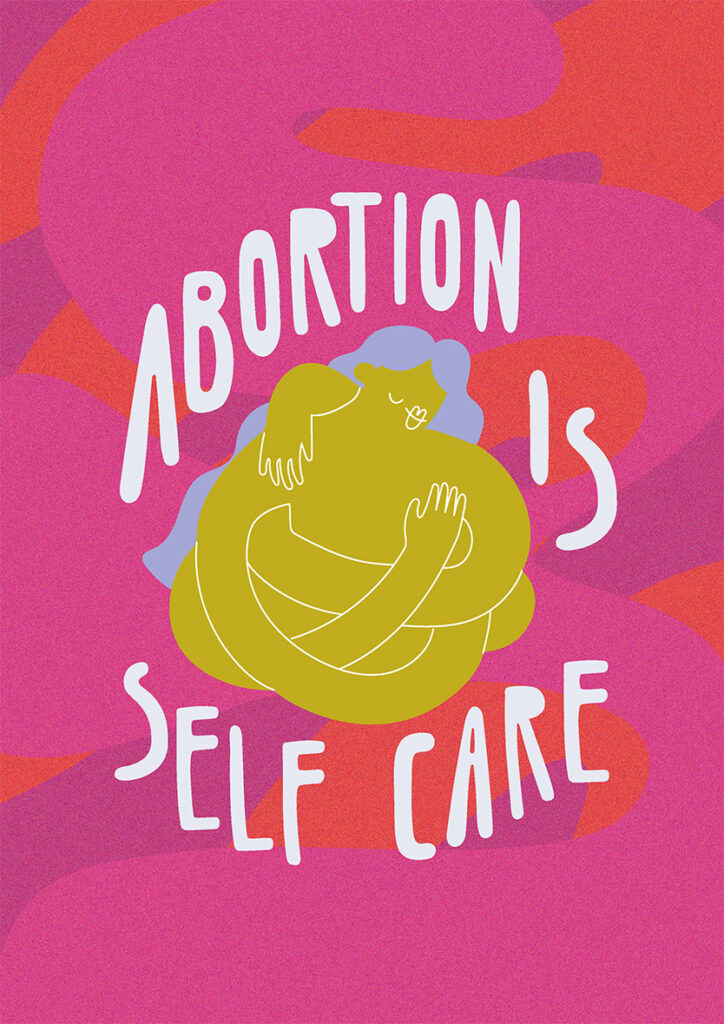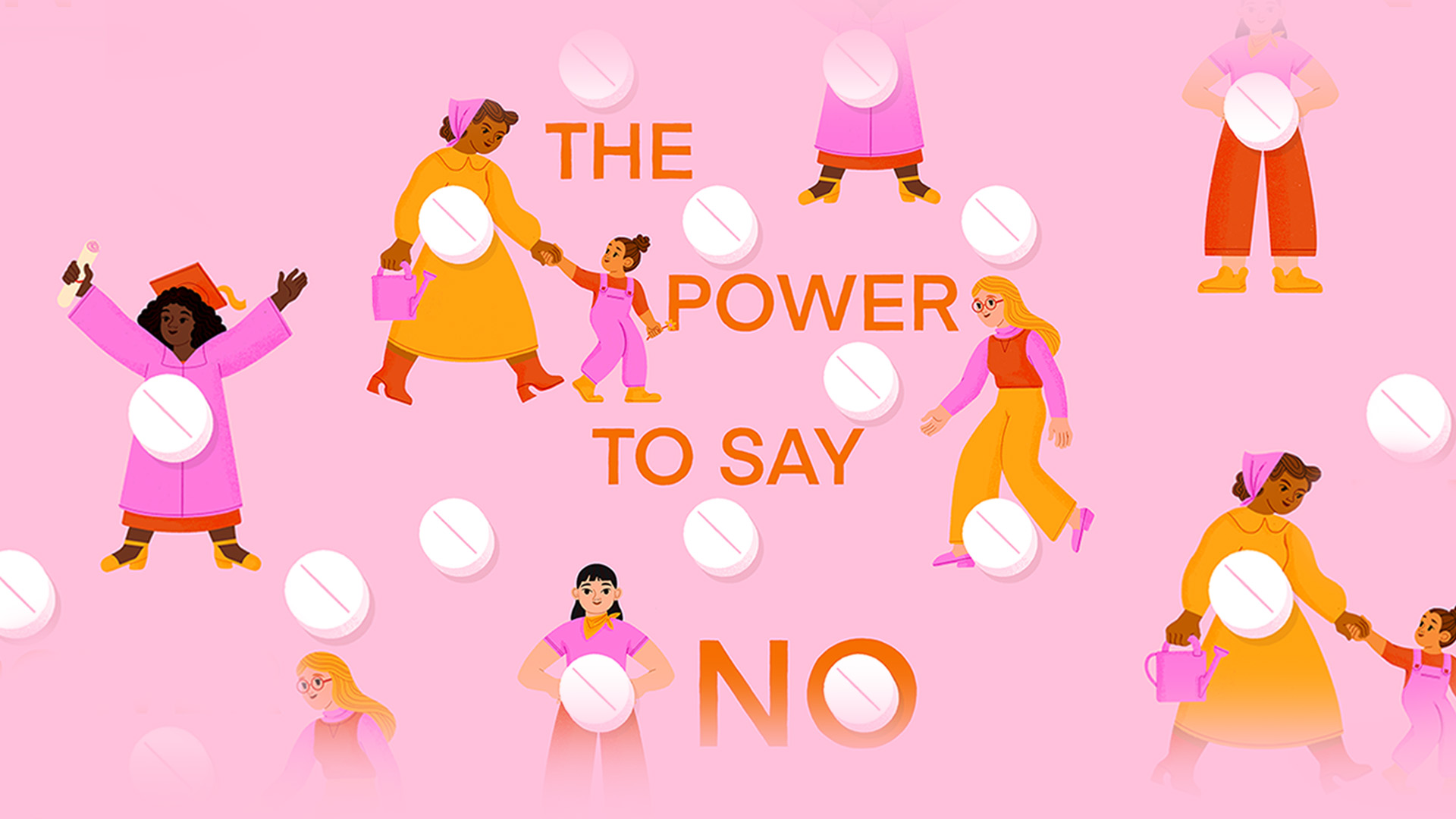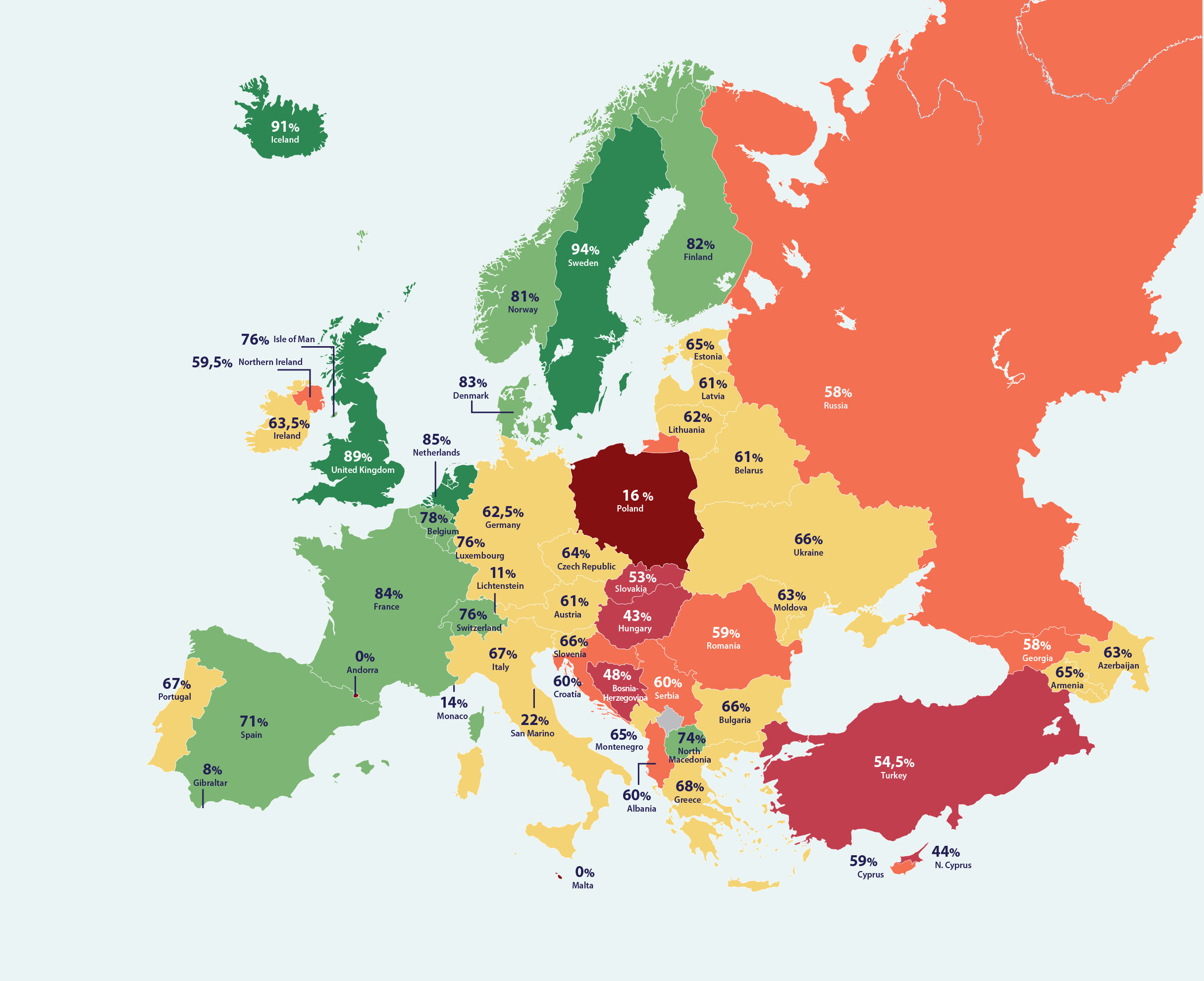However, 31 countries don’t include abortion, which impacts not just women and girls but all of our communities in myriad ways.

Credit: Olga Mrozek
The IPPF EN partner survey: Abortion legislation and its implementation in Europe and Central Asia
The Survey – conducted in 42 countries in 2020 – is designed to provide an overview of women’s and girls’ experience around accessing abortion care, to highlight current threats to their reproductive health and rights, to identify ‘best-fit’ practices and to stimulate further debate and research.
European overview shows failures to guarantee access to abortion care
In our society, what affects one of us affects all of us. When people are being persecuted by being denied the ability to make decisions about their own health and bodies, this hurts our community, which is damaging to everyone.
We joined up with EPF to develop the “European Abortion Policies Atlas” that scores 52 European countries and territories on legal frameworks to access safe abortion care. Our overview clearly shows that Europe is not as progressive as it might seem.
The results of this atlas are a call to action – we need to be working harder and smarter to uphold and prioritize the health of our communities.
Abortion care is essential to health, and therefore ought to be included in the national health system’s financial coverage.
Safe, voluntary abortions are a healthcare matter, and should not be treated as a crime.
And yet, 16 countries in Europe regulate abortion care primarily through their criminal and/or penal code.
Health requires supportive contexts in which to make important health decisions.
However, 19 countries, including several known for progressive stances, force women to endure medically unnecessary requirements before accessing abortion care (compulsory and sometimes biased counselling, forced waiting periods).
26 countries allow health workers to deny care on the basis of their personal beliefs or convenience, thus potentially placing women in serious danger.
Clear and accurate information supports decision-making about health.
However, 18 European countries fail to provide people with clear and accurate information about abortion care.
Abortion care during COVID-19
The COVID-19 pandemic and its consequences have endangered everyone’s health. But in almost all European countries, women have been particularly affected by a significant restriction in access to sexual and reproductive health care, and abortion care in particular.
Ban on abortion care in Poland
In 2021 a near-total ban on abortion has become the reality for women in Poland endangering their safety and even lives. We remain committed to to regaining the bodily autonomy of people in Poland and we are working together with our partners and members to fight back.
The loss of abortion rights in the U.S.
The U.S Supreme Court has overturned Roe v. Wade in the biggest blow to women’s health and rights in recent U.S history, removing 50 years of constitutional protection for abortion, meaning individual states will now decide the legality of abortion.
Women put at risk due to refusal of abortion care
Read our short stories below to find out how women in Georgia are being denied safe and dignified reproductive lives, and how IPPF’s Georgian member, HERA XXI, is helping to tackle this.
In the Media
Previous
Next








